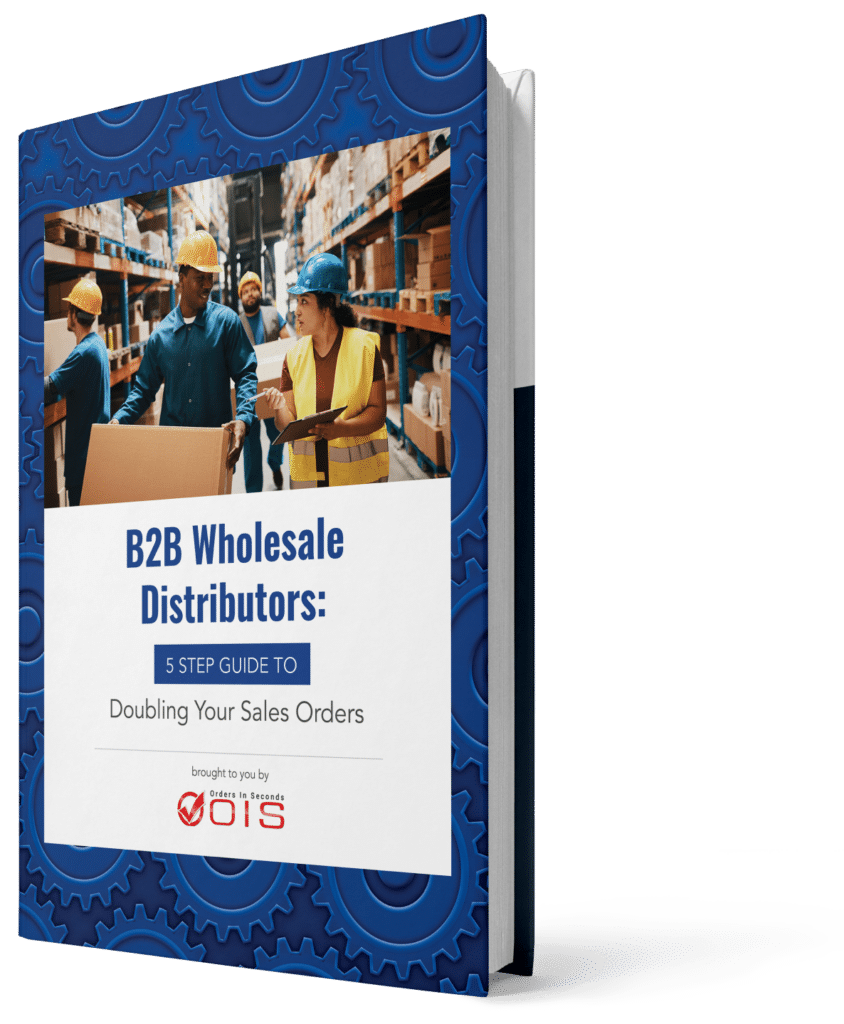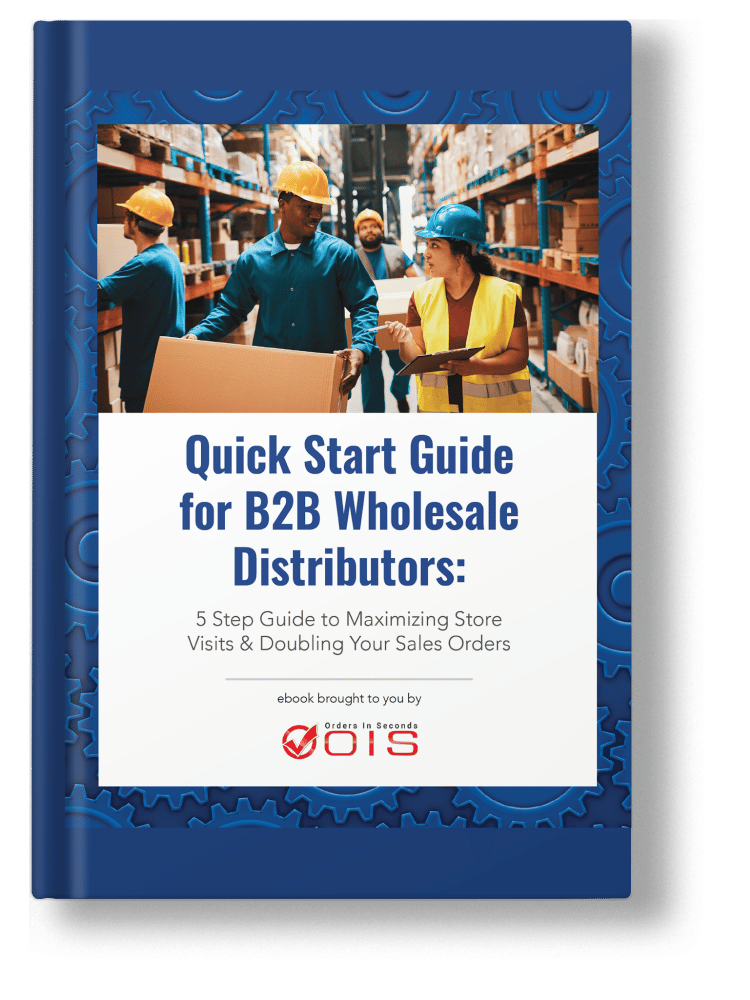In wholesale distribution, efficiency and accuracy are essential factors that determine a business’s success. The juxtaposition of on-the-road sales and intricate warehouse logistics poses unique challenges, necessitating a paradigm shift towards automation to increase profitability. With the rise of technology, companies are increasingly turning to innovative solutions to streamline their operations and improve customer satisfaction. Let’s unravel the complexities faced by wholesale sellers and delve into the transformative power of automation software solutions, offering a compass for navigating the path to increased profits.
Life unfolds on the road for wholesale sellers with field sales teams—a dynamic terrain where sales opportunities are often unpredictable and client interactions are diverse. This mobility, while essential for business growth, poses a range of challenges that can affect inventory accuracy and, consequently, impact profitability.
Consider a scenario where a field sales representative, armed with a persuasive pitch, secures a substantial order from a client. The success, however, quickly turns into a logistical challenge. Traditionally, the onus falls on the sales representative to manually communicate the details of the order back to the central office for processing, a process fraught with the potential for errors and delays. The result? Discrepancies in inventory levels, miscommunication on available stock, and, ultimately, a dent in customer trust.
Real-Time Inventory Management and Field Sales Teams

A holistic inventory management approach offers a comprehensive overview of operations, which is vital for informed replenishment and supplier management decision-making. This big-picture perspective is instrumental in streamlining workflows and enhancing profitability.
Key to this transformation is advanced inventory management. Scalable solutions like Finale Inventory adapt to businesses as they grow, ensuring operational coherence regardless of size and complexity. The real magic lies in omnichannel synchronization, maintaining consistent inventory levels, and preventing overselling—a common pitfall that can tarnish customer relationships and brand reputation.
Mobile sales apps have also emerged as indispensable tools to empower field sales teams. These apps, often integrated with inventory management software, provide on-the-go access to product catalogs, pricing information, and real-time inventory levels.
Imagine that same field sales representative scenario mentioned above. They’re armed with a mobile sales app, like OIS Pro, and can now effortlessly showcase products to clients, check inventory availability, and place orders in real-time. This enhances on-the-road sales efficiency and ensures that the central office is immediately informed of every transaction, fostering a seamless flow of information between the field and headquarters.
All-in-one mobile solutions and digital catalogs ensure round-the-clock selling capabilities, a game-changer in the digital age.

Avoid the Top 5 Mistakes Wholesale Distributors Make
Optimizing Warehouse Operations

Warehouse management is a cornerstone of wholesale distribution, where efficiency directly impacts customer satisfaction. Wholesale businesses can significantly increase their profitability by streamlining reordering workflows and optimizing stock levels.
An example workflow is the automation of purchase orders. Automated purchase order systems and sales velocity tools play a crucial role in tracking optimal stock levels. These real-time stock analytics are instrumental in minimizing manual errors and increasing seller insight. The extension of these efficiencies to multi-warehouse environments speaks to the scalability and adaptability of contemporary warehouse management solutions.
Barcoding and labeling solutions are at the forefront of this transformation, offering a glimpse into the future of streamlined processes and reduced order picking and inventory errors. Businesses using a barcoding solution reduce labor costs and increase profit margins.
Automating Reporting and Dashboards

Automated reporting tools eliminate the time-consuming process of manually compiling data. They offer on-demand insights, enabling businesses to make swift, informed decisions. On the other hand, dashboards provide a snapshot of key performance indicators, allowing managers to assess the health of their business quickly.
These tools are particularly beneficial for identifying trends, tracking the effectiveness of sales strategies, and making data-driven inventory decisions. By having access to on-demand data, businesses can adapt more quickly to market changes, identify opportunities for growth, and mitigate risks effectively. The most important data is financial granularity. OIS and Finale Inventory’s seamless integration into Quickbooks and additional accounting software enables automated COGS calculations, summarizing and consolidating transactions for ease of bookkeeping and informed decision-making.
Human Element in the Age of Automation

While automation is transforming wholesale ecommerce, the human element remains indispensable. Sales teams play a critical role in customer relationship management and business development. Automation should be seen as a tool that enhances, not replaces, the human touch.
Training and empowering sales teams to use automated tools effectively can lead to better customer interactions, more strategic sales approaches, and, ultimately, increased profits. It’s integral to find the balance between leveraging technology and maintaining the personal touch that customers value.
Looking to the Future
The wholesale distribution industry is constantly evolving, and the integration of platforms like Finale Inventory and Orders in Seconds (OIS) is setting a new standard for efficiency and innovation. This integration not only meets the current demands of the industry but also paves the way for future advancements. By adopting these technologies, businesses can benefit from scalable, flexible solutions that optimize supply chains and reduce costs. This forward-thinking approach is crucial for driving growth and resilience in the highly competitive wholesale distribution market.






